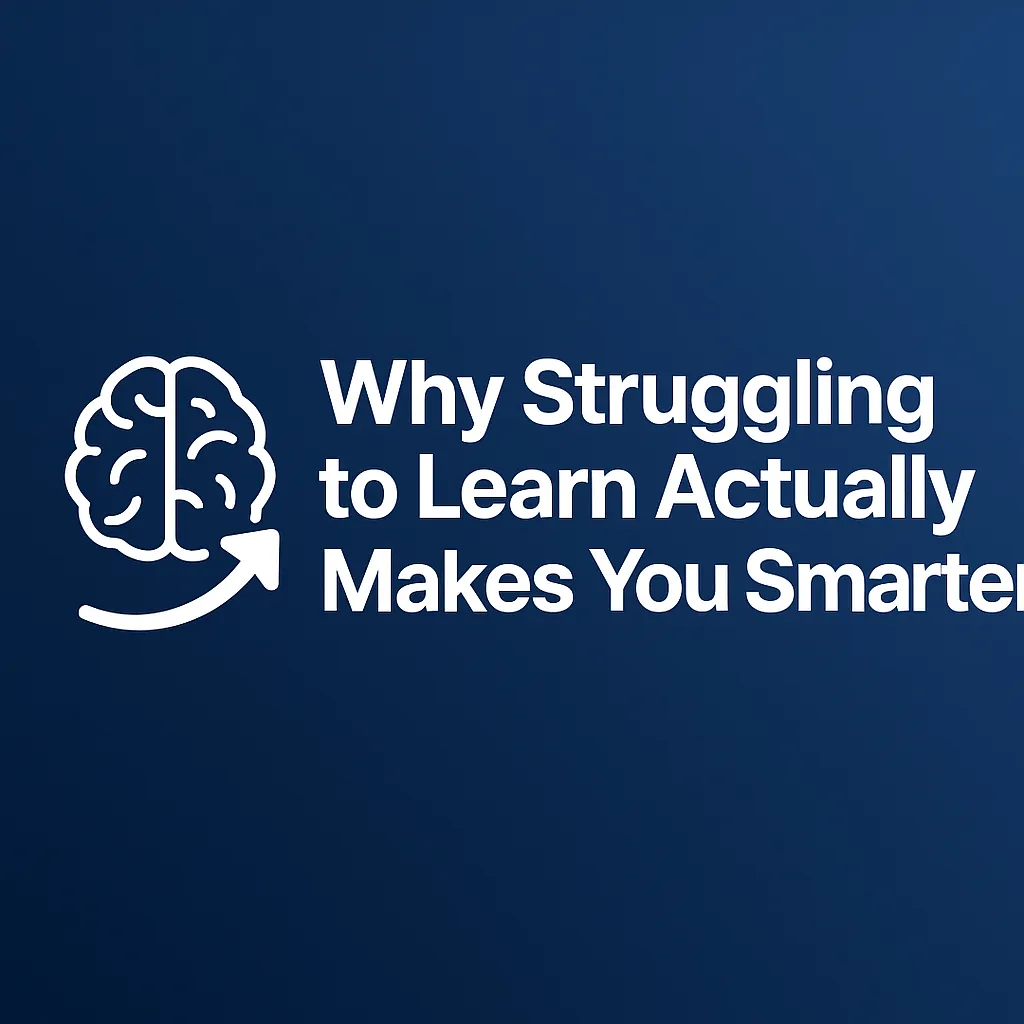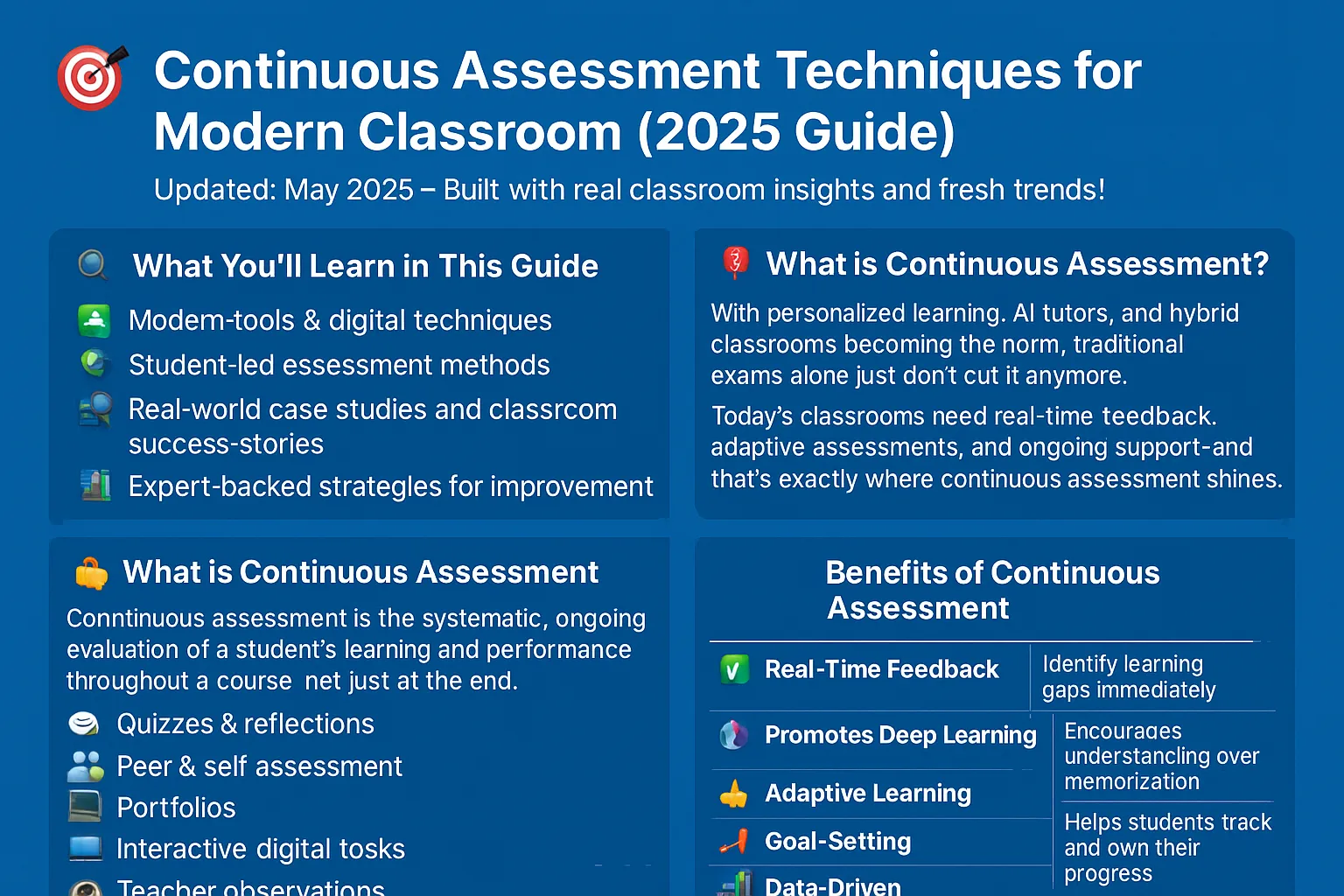🧠 The Science Behind Why Difficult Learning Is Better Learning
🔍 Introduction
Ever wondered why the most challenging learning experiences often leave the deepest impressions? Contrary to the allure of effortless learning, research reveals that grappling with difficult material can significantly enhance long-term retention and understanding. This phenomenon is rooted in the concept of "desirable difficulties," a term coined by cognitive psychologist Robert A. Bjork. These are learning tasks that, while challenging, promote deeper processing and more durable memory formation.
🎯 Understanding Desirable Difficulties
What Are Desirable Difficulties?
Desirable difficulties are learning strategies that introduce manageable challenges, thereby enhancing long-term retention and transfer of knowledge. These difficulties are "desirable" because they engage cognitive processes that strengthen memory and understanding. However, they must be appropriately calibrated; overly difficult tasks can hinder learning, while tasks that are too easy may not provide sufficient cognitive engagement.
The Illusion of Mastery
Often, learners equate ease with mastery. For instance, rereading notes may create a sense of familiarity, leading to overconfidence. However, this passive approach doesn't necessarily translate to long-term retention. In contrast, strategies that require active retrieval and effortful processing, though more challenging, are more effective for durable learning.
🧪 The Science Behind the Struggle
Cognitive Mechanisms at Play
Desirable difficulties leverage several cognitive principles:
-
Encoding Variability
Introducing variability in learning contexts enhances the richness of memory traces, facilitating better recall. -
Retrieval Practice
Actively recalling information strengthens memory and aids in transferring knowledge to new situations. -
Metacognitive Awareness
Challenging tasks promote awareness of one's own learning processes, leading to better self-regulation.
Neuroplasticity and Learning
The brain's ability to reorganize itself, known as neuroplasticity, is enhanced through challenging learning experiences. Engaging in difficult tasks stimulates neural connections, leading to more robust memory networks. This adaptability underscores the importance of embracing challenges in the learning process.
🛠️ Implementing Desirable Difficulties
-
Spaced Repetition
Distributing learning sessions over time, rather than cramming, improves retention. This spacing effect allows for memory consolidation and reduces cognitive overload. -
Interleaved Practice
Mixing different topics or problem types during study sessions encourages the brain to discriminate between concepts, enhancing learning. This contrasts with blocked practice, where one topic is studied extensively before moving to the next. -
Retrieval Practice
Testing oneself on the material, rather than passive review, reinforces memory and identifies knowledge gaps. This active recall process is more effective than rereading or highlighting. -
Varying Study Conditions
Changing the environment or context in which learning occurs can improve recall by creating diverse memory cues. Studying in different locations or at different times of day introduces beneficial variability.
🧩 Real-World Applications
Education
Educators can incorporate desirable difficulties by designing curricula that include spaced reviews, varied problem sets, and frequent low-stakes testing. These strategies encourage deeper processing and long-term retention.
Professional Training
Incorporating challenges into training programs, such as simulations or problem-based learning, prepares professionals for real-world scenarios. This approach enhances adaptability and problem-solving skills.
Personal Development
Individuals seeking to acquire new skills or knowledge can apply these principles by embracing challenging learning activities, practicing retrieval, and varying their study routines. This proactive approach fosters resilience and mastery.
❓ Frequently Asked Questions
Q: Can making mistakes enhance learning?
A: Yes. Mistakes, when analyzed and understood, provide valuable feedback that can lead to improved understanding and performance.
Q: Is it better to study in one long session or multiple shorter sessions?
A: Multiple shorter sessions, spaced over time, are more effective for long-term retention than a single prolonged study session.
Q: How does varying study conditions help?
A: Changing study environments introduces different contextual cues, which can enhance memory retrieval by creating more diverse associations.
📚 Conclusion
Embracing challenges in the learning process is not just beneficial—it's essential. Desirable difficulties compel learners to engage more deeply, fostering robust memory formation and transferable knowledge. By integrating strategies like spaced repetition, interleaved practice, and retrieval exercises, learners can transform challenges into opportunities for growth.
Brought to you by SmartExaminers.com – Your AI-powered tool for generating exams and answers based on any curriculum, downloadable in editable Word format.
 SmartExaminers
SmartExaminers


